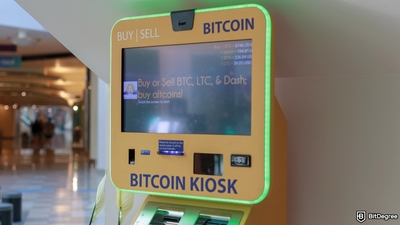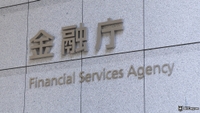Free Airdrop Season 7 is LIVE! Answer fun questions or do simple tasks to earn rewards from the $30K BitDegree prize pool. Participate Now ! 🔥
Crypto.com Secures Regulatory Approval for Operations in the Netherlands
Crypto.com is officially stepping foot in the Netherlands.
The Netherlands Central Bank has recently given Crypto.com the thumbs up to deliver its services within the country, making it one of the select cryptocurrency firms to obtain such approval.
On July 28th, Crypto.com announced its formal registration as a cryptocurrency service provider with De Nederlandsche Bank (DNB).

Did you know?
Subscribe - We publish new crypto explainer videos every week!
What is Fantom? | Animated FTM Explainer


According to the company, it underwent an extensive evaluation of the firm's operations and adherence to the Dutch regulations on anti-money laundering (AML) and prevention of terrorist financing.
Discussing the matter with the DNB's press officer for Supervision, Fintech, Cryptocurrencies, Resolution and Payment Systems, Tobias Oudejans, the man refrained from commenting on the registration process due to legal constraints arising from supervisory laws.
However, Oudejans clarified the scope of the registration, noting that it permits cryptocurrency service providers to offer crypto wallets to clients and carry out exchanges involving fiat currency and cryptocurrencies.
It is worth noting that even before the official registration, Dutch users had access to Crypto.com's services. However, Oudejans pointed out that while Dutch users can legally register for a service, a company would violate the law if it promotes or advertises its services to Dutch users without having official registration.
This development puts Crypto.com in a group of notable players, such as Coinbase Europe, eToro, and Bitstamp, among 36 other crypto-related businesses registered in the Netherlands.
In contrast to Crypto.com's successful registration, Binance, another significant player in the crypto industry, revealed its decision to halt its efforts to register in the Netherlands.
Crypto.com's successful registration with the Netherlands Central Bank marks a significant milestone for the firm. The firm's registration paves the way for wider crypto adoption within the country, further demonstrating the growing acceptance and regulation of digital currencies in the global financial landscape.























